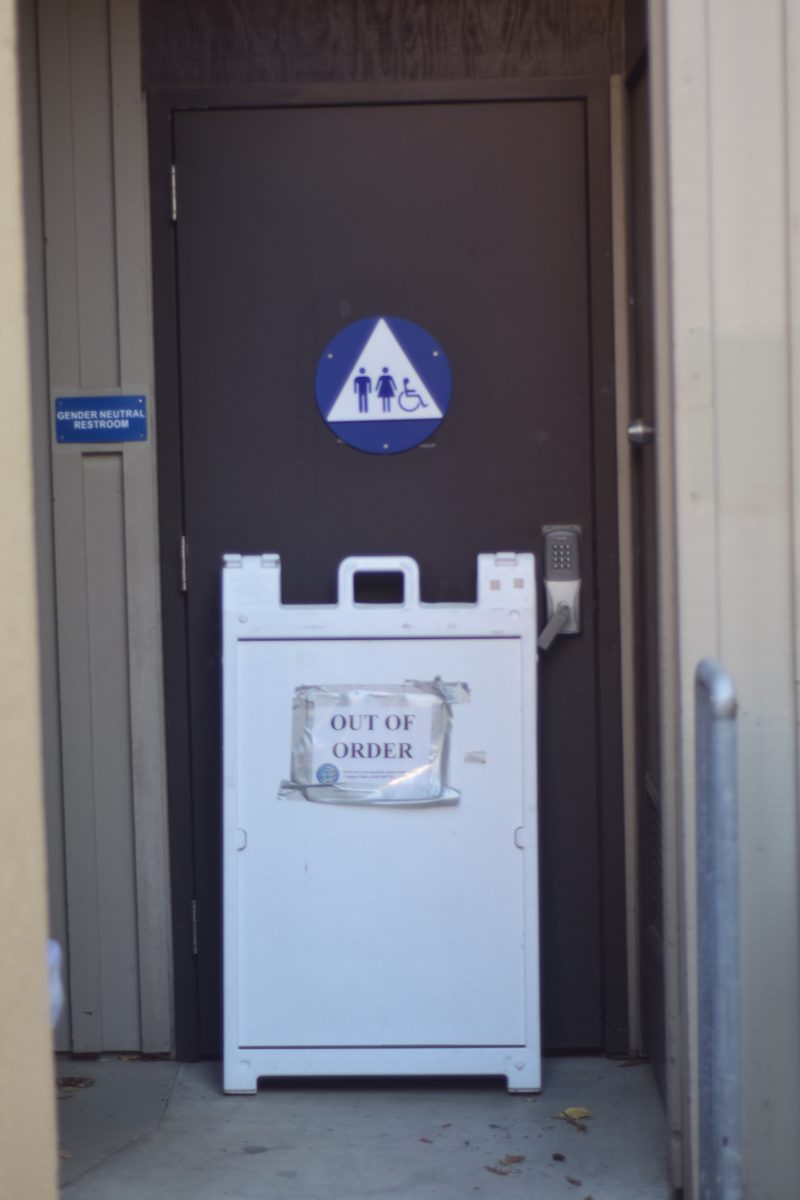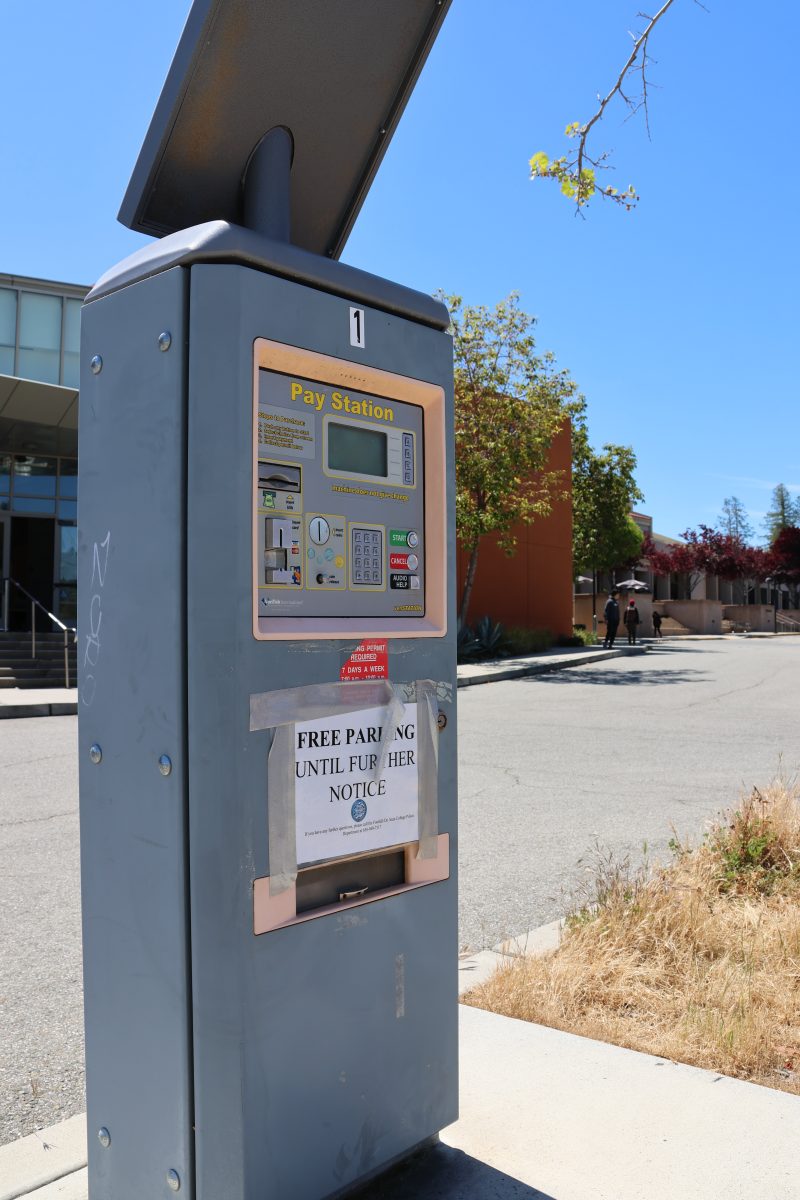This past November, my love of philanthropy took me to the impoverished nation of Pakistan to give back to villages in the outskirts of Khyber-Pakhtunkhwa.
With my UNICEF Pashtun translator, we hiked three miles under the simmering sun from the Khyber-Pakhtunkhwa border to gain access to the Pashtun-dominated villages on the outskirts where education, electricity, and water were scarce. I had conversations with women who looked at me in fear when I questioned them if their husbands ever forced themselves upon them, or abused them. I spoke to young women about contraception, protecting their personal rights against their husbands, and their overall well-being.
Because of the male domination in this village, these women are forced to bear more children than they can afford to and have no voice to say no, or to even use contraception. Consequently, they cannot afford to educate the children that are born. Where is Amnesty International USA now? Where are the many humanitarian activist groups that push for cultural and social reform? The government is failing to protect its own people and so are the so-called philanthropist groups in the U.S.
In Pakistan, where the the literacy rate is of 54 percent according to UNICEF, it’s a shame that more people have not stepped up and volunteered for the cause of education. You don’t have to fly to a another country; you can start off by helping out in local nonprofit organizations. With no money to pursue an education, these illiterates are unable to contribute towards a progressive society, which in turn creates stagnancy. According to UNESCO’s “Global Monitoring Report on Education for All (2008)”, South and West Asia have the lowest regional adult literacy rate (58.6 percent), The report shows a clear connection between illiteracy and countries in severe poverty, and between illiteracy and prejudice against women.
If the youth and children of such countries cannot access education, I think it’s safe to say there is no hope for the future, politically and socially. The children I worked with ranged to age 14 and almost none were able to read or write the English alphabet. English is a language which dominates South Asia, especially as a medium of advanced education and government administration.
Since our war hawks are so set on encroaching upon other countries to “fix” them, it is our duty as American citizens to lend a helping hand, do something valuable with our time and contribute to a country whose future is in question.








